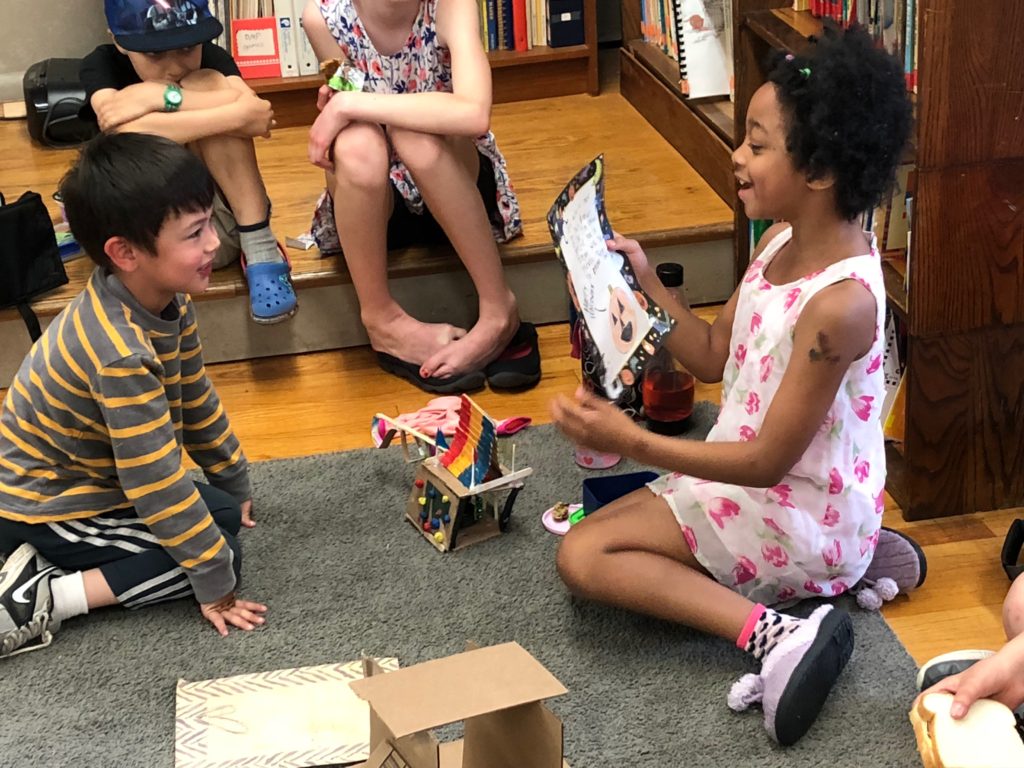 Affective education, intellectual education and academic education support need each other. At The New School we make time for all of them.
Affective education, intellectual education and academic education support need each other. At The New School we make time for all of them.
What is affective education? Areas of affective growth which we are actively working to support are:
- Positive self-image concerned with developing a realistic self-awareness
- Decision making, the ability to evaluate alternatives
- Coping with failure, being able to utilize mistakes and lack of success
- Problem solving, evaluating differences and generating possible solutions
- Curiosity, an eagerness to explore and understand
- Imagination, the ability to create and visualize mental images
- Risk-taking, willingness to undertake that which has uncertain outcomes
- Participating appropriately in groups, being physically present, attending to others and actively taking part (Gemini Program)
We support these dispositions (Lillian Katz) during scheduled parts of the day and week and during impromptu times as children or issues require. Directly, we are able to flexibly construct whole group and small groups to meet the needs of the moment. These meetings may be facilitated by students or teachers. Indirectly, we make sure that a child’s weekly contract includes games that promote social interactions, shared work to encourage collaboration and individual work to build upon each child’s strengths and needs.
As adults, we often say “Be good” or “Be nice” to children. However, at the school we recognize that there are at least 31 skills (Gemini) it takes to solve any problem. Having the language and confidence to express needs, as well as the ability to find and identify the problem, break the problem into solvable parts are four of the skills we work on daily. We almost always ask “What did you want?” assuming good intentions whether it is jealousy or a strong agenda. But it is followed by “What is another way you get that?” We work to help children both express their needs but also listen to other perspectives, an essential skill in all times.
